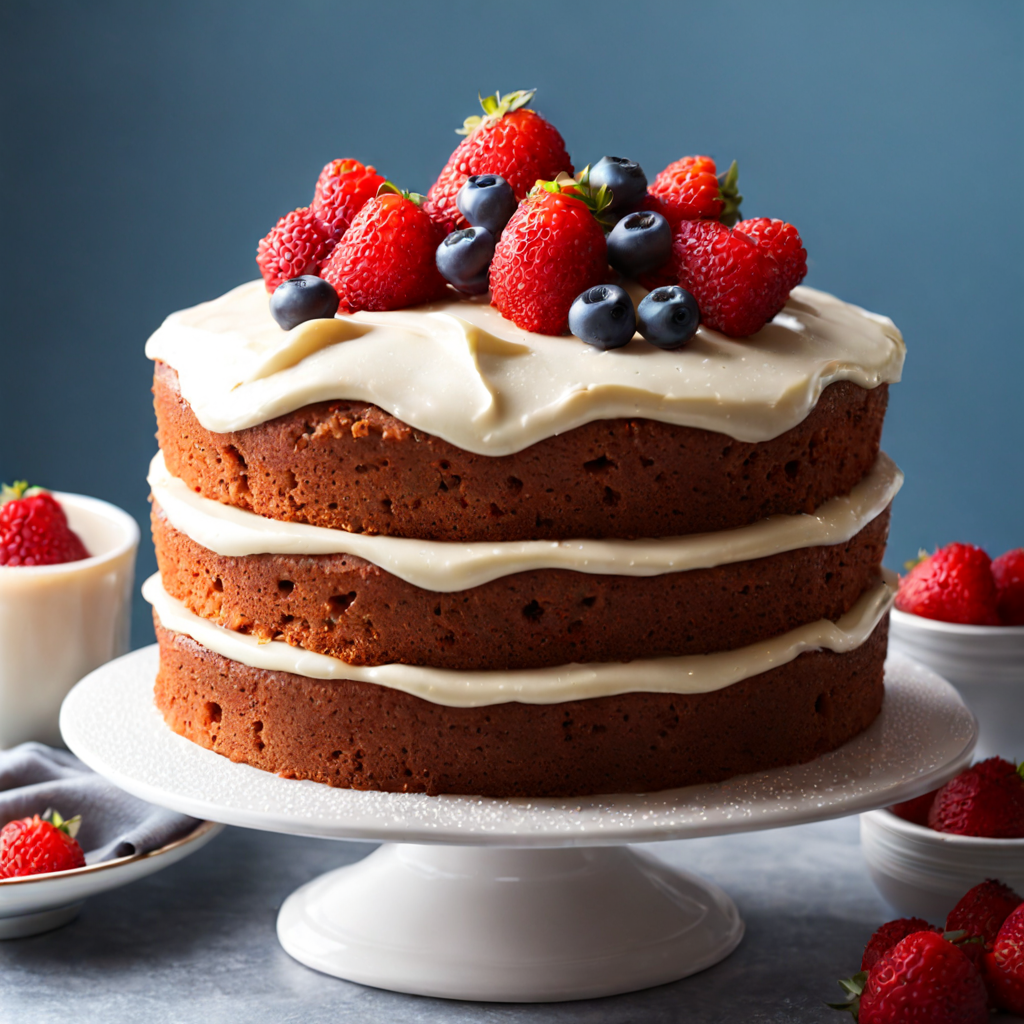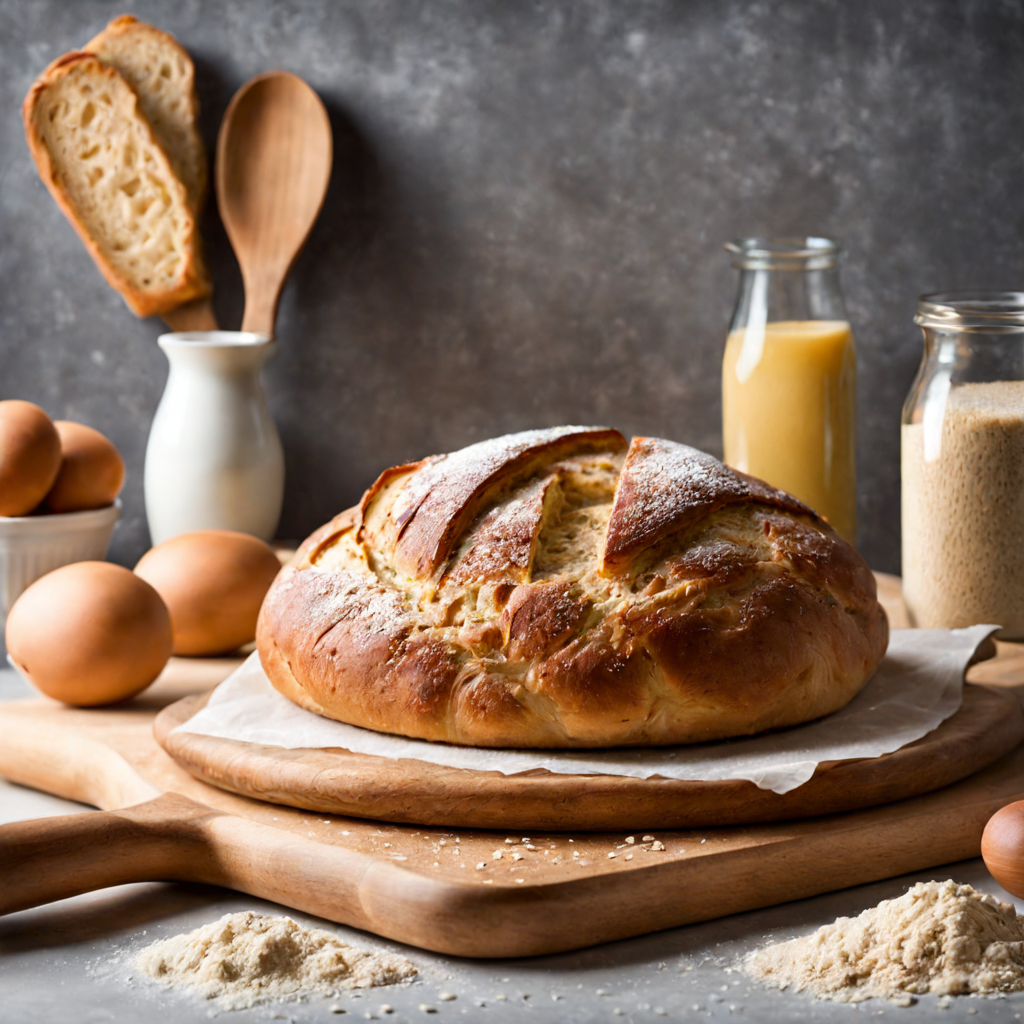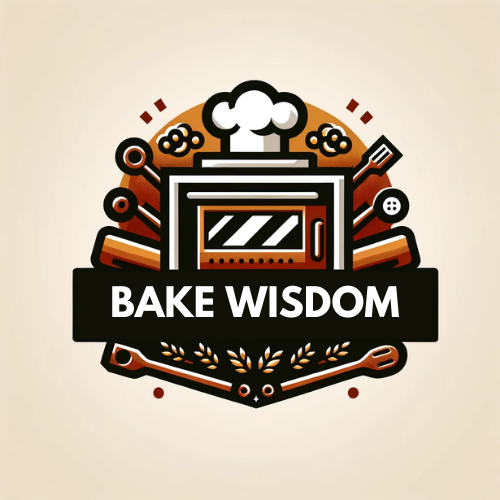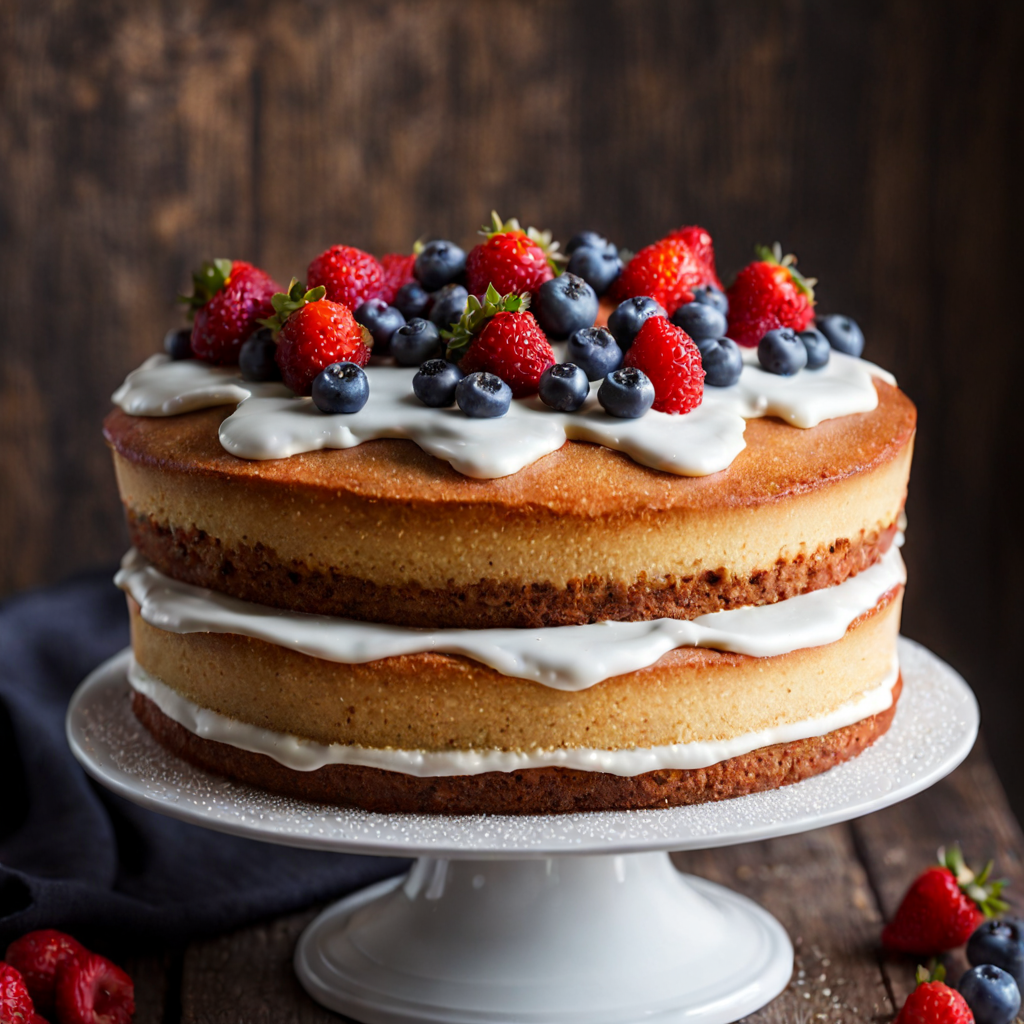Baking is both an art and a science, a blend of creativity and precision. For beginners, the world of baking can seem daunting, but with the right tips and tricks, anyone can start their journey towards becoming a proficient baker. This essay will provide essential advice for those just starting out, from selecting the right tools to understanding the chemistry of baking.
Understanding the Basics
1. The Importance of Precision
Baking requires more precision than cooking. Measurements need to be exact, and ingredients should be at the right temperature. A common mistake is not measuring ingredients properly, leading to inconsistent results.
Tips:
- Use Measuring Tools: Always use measuring cups and spoons for accuracy.
- Follow Recipes Closely: Until you’re more experienced, stick to the recipe.
2. Knowing Your Ingredients
Each ingredient in baking plays a specific role. Understanding these can help you know why certain ingredients are necessary and how they affect the outcome.
Key Ingredients:
- Flour: Provides structure.
- Sugar: Adds sweetness and color.
- Fats (Butter/Oil): Adds moisture and flavor.
- Eggs: Work as a binding agent.
- Leavening Agents (Baking Soda/Powder): Help the dough rise.
Essential Baking Tools
For beginners, it’s crucial to start with the right tools. These don’t have to be expensive but are fundamental in making the baking process easier and more enjoyable.
- Mixing Bowls: Get a variety of sizes.
- Measuring Cups and Spoons: For accurate measurements.
- Whisk and Spatulas: For mixing batters and dough.
- Baking Pans: Various sizes depending on what you’re baking.
- Oven Thermometer: To ensure accurate oven temperature.

Step-by-Step Baking Process
1. Reading the Recipe
Before beginning, read the recipe thoroughly. Understand each step and prepare all your ingredients and tools in advance. This is known as mise en place, a French term meaning ‘everything in its place’.
2. Mixing Methods
Different baked goods require different mixing methods. Whether it’s creaming butter and sugar for cookies or gently folding ingredients for muffins, understanding these methods is crucial.
3. Oven Preheating
Most baked goods require a preheated oven. This ensures that your item bakes evenly and rises properly.
4. Baking and Cooling
Follow the recipe’s instructions for baking times and temperatures. Once done, allow your bake to cool. This step is as crucial as the baking itself, as it completes the cooking process.

Troubleshooting Common Baking Problems
Even experienced bakers encounter issues. Here are some common problems and how to fix them:
- Overmixing the Batter: Can make the final product tough. Mix just until ingredients are combined.
- Oven Temperature Issues: Use an oven thermometer to check for accuracy.
- Uneven Rising: This could be due to uneven oven temperature or improper mixing.
Experimenting and Learning
The final and perhaps most enjoyable part of baking is the freedom to experiment. Once you’re comfortable with the basics, start tweaking recipes and trying new techniques.
- Experiment with Flavors: Try adding different spices or extracts.
- Change Up Ingredients: Substitute ingredients like almond flour for a different texture.
- Learn from Mistakes: Each error is a step towards mastery.
Conclusion
Baking is a rewarding hobby that requires patience, precision, and practice. By starting with the basics, understanding the role of each ingredient, and slowly experimenting, beginners can gradually build their skills and confidence. Remember, every baker started as a beginner, and with time and practice, you too can create baked masterpieces.

